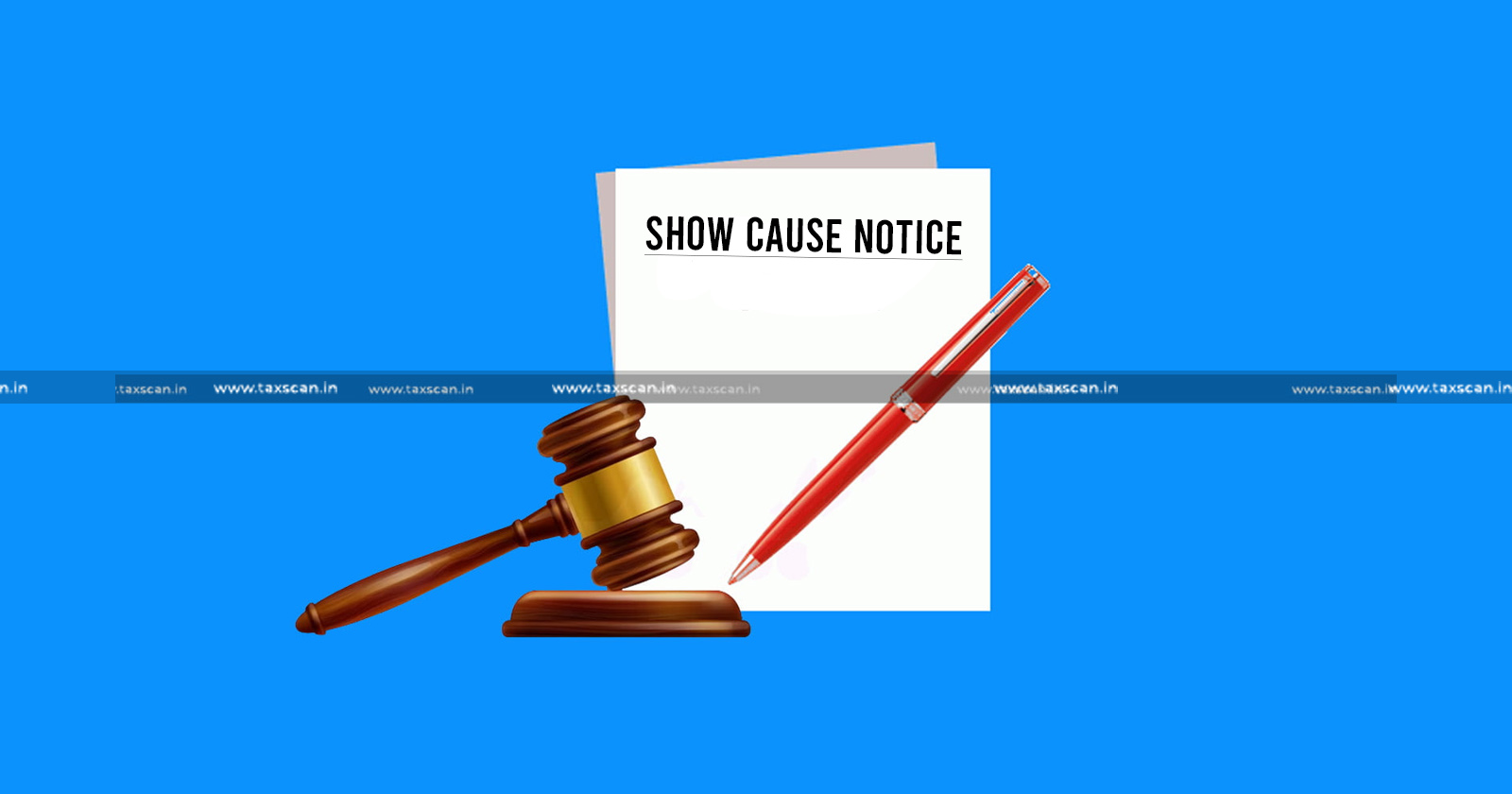Adjournments Cannot Be Granted Mechanically When Appellant Untraceable: CESTAT Dismisses Appeal for Default under Rule 20 [Read Order]
CESTAT dismissed the appeal for default under Rule 20, holding that adjournments cannot be granted mechanically when the appellant remains untraceable and fails to pursue the case
![Adjournments Cannot Be Granted Mechanically When Appellant Untraceable: CESTAT Dismisses Appeal for Default under Rule 20 [Read Order] Adjournments Cannot Be Granted Mechanically When Appellant Untraceable: CESTAT Dismisses Appeal for Default under Rule 20 [Read Order]](https://images.taxscan.in/h-upload/2025/11/07/2103021-cestat-chennai-cestat-dismisses-cestat-dismisses-appeal-taxscan.webp)
The Chennai Bench of Customs, Excise and Service Tax Appellate Tribunal (CESTAT) dismissed the appeal for default under Rule 20 of the CESTAT (Procedure) Rules, 1982, observing that adjournments cannot be granted mechanically when the appellant is untraceable and shows no intent to pursue the appeal.
When the matter came up for hearing on November 3, 2025, Bhagirathi Agencies was unrepresented and had not requested any adjournment. The Tribunal observed that the appeal, pending since 2016, had earlier been listed on April 2, June 5, July 25, and August 21, 2025, but the appellant failed to appear on all the dates.
 Also Read:SCN Issued Without Mandatory Pre-Consultation Under CBEC Guidelines Is Invalid: CESTAT [Read Order]
Also Read:SCN Issued Without Mandatory Pre-Consultation Under CBEC Guidelines Is Invalid: CESTAT [Read Order]
Despite directions to the Registry to serve notice through Registered Post with Acknowledgement Due (RPAD), the communication was returned undelivered with the remark “no such person/company.” The departmental verification confirmed that the door number and street name in the appellant’s address did not correspond to any existing premises.
The Bench comprising Ajayan T V (Judicial Member) and Ajit Kumar (Technical Member) relied on Section 35C of the Central Excise Act, 1944, and Rule 20 of the CESTAT (Procedure) Rules, 1982. The Tribunal observed that no adjournment can be granted more than three times during the hearing and that in case of default in appearance, the appeal may be dismissed.
The Bench also referred to the Supreme Court judgment in Ishwarlal Mali Rathod v. Gopal & Ors., wherein the Apex Court deprecated the practice of granting adjournments mechanically, holding that repeated delays corrode the justice delivery system and weaken public confidence in it.
The Tribunal reasoned that deciding the appeal on merits in the absence of the appellant would deprive it of a fair hearing and compel unnecessary litigation before higher forums. The tribunal noted that even after exhausting all modes of service, the appellant’s whereabouts remained unknown and concluded that the appellant was not interested in pursuing the matter.
 Also Read:No Service Tax without Proper Categorisation of Services: CESTAT Quashes Demands against HIMUDA for Vagueness and Lack of Specific Classification [Read Order]
Also Read:No Service Tax without Proper Categorisation of Services: CESTAT Quashes Demands against HIMUDA for Vagueness and Lack of Specific Classification [Read Order]
Accordingly, the CESTAT dismissed the appeal for default under Rule 20 of the CESTAT (Procedure) Rules, 1982, while granting liberty to the appellant to seek restoration upon showing sufficient cause for non-appearance.
Anandalakshmi Ganeshram appeared for the Revenue.
Support our journalism by subscribing to Taxscan premium. Follow us on Telegram for quick updates


